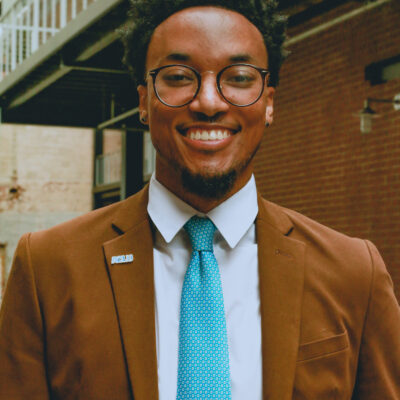Nigel Shelby, a 15 year old student at Huntsville High School, committed suicide last Friday as a result of anti-LGBTQ bullying. While some may say Nigel “took his own life,” I disagree with that description. We should have done more to save it.
According to the Trevor Project, each episode of LGBT victimization, such as physical or verbal harassment or abuse, increases the likelihood of self-harming behavior by 2.5 times on average. A survey conducted by HRC Foundation and the University of Connecticut in 2017 found that among the 12,000 LGBTQ survey participants, these teenagers report that they are experiencing intense stress, anxiety, and a sense of rejection compounded by the lack of safety they feel in their own school classroom.
These numbers aren’t new and they only echo a cry for help that so many LGBTQ youth and adults have invoked for years. Despite more LGBTQ people now being represented on film and our televisions, running (and winning) political offices, and being at the forefront of activism, the arts, literature, and multiple industries, the FBI reported last year that of the 7,175 hate crime incidents reported in 2017 involving 8,828 victims, “victims targeted due to their sexual orientation or gender identity comprised 1,470 — or nearly 17 percent — of all victims.” For transgender people, the numbers are so startling it that the ongoing terror has been described as an epidemic.
And while the beauty in this diverse representation of the community is certainly both remarkable and incredibly inspiring, we know that representation alone is not enough. Systems and practices remain in the state of Alabama and all over this country today that tell kids like Nigel everyday that they are not worthy of the same treatment or opportunities as their non-LGBTQ peers. We have a culture that reminds young boys and men, especially Black boys, that we must be tough, masculine, stoic, and be attracted to women for validation of our “manhood.” Add that to common struggles teenagers must face as they are navigating middle and high school, and it is no wonder LGBTQ teens feel an overwhelming sense of "otherness."
This is why when I learned of the news about Nigel last weekend, I wished that I had the chance to tell him one thing: I get it.
While I can’t ever pretend to know his story, I certainly can relate to his pain. I was once a 15-year old Black AND gay teenager growing up in Alabama. I know all too well how uncomfortable it can be to have a part of your identity, which you can not change, constantly make you a subject of speculation and bullying. That feeling can be crippling, and, yes, at times you may even feel it will never end. However, I wish for Nigel and so many others that they would have had the chance to see that there are so many people who will love and embrace you, not just despite who you are, but because of it. Nigel deserved that. He deserved more from all of us.
The need to take critical steps to address this is urgent. We cannot ignore the loss of these LGBTQ youth who are being taken because of the rampant bullying, intimidation, and violence that they face every day. These lives matter, and lawmakers must step up to ensure that all children in our public schools are in an environment that welcomes them and allows them to learn in an non-exclusionary space. This means repealing outdated and incorrect language that reinforces negative stereotypes about the LGBTQ community.
Right now, a bill that would do just that has passed the Senate and is headed to the House. If passed, SB140 will update the current requirements for teaching sex ed to students, including taking out the provision that requires schools to teach that homosexuality "is not a lifestyle acceptable to the general public and that homosexual conduct is a criminal offense under the laws of the state." Not only is this information incorrect, but this kind of outdated stigma is exactly what fuels anti-LGBTQ bullying. It is beyond time that our curriculum and policies be reflective of the needs of all students, including the need to keep LGBTQ students safe from bullying.
At the same time, we must see laws that will enforce a system of protection and accountability for anti-LGBTQ discrimination and violence. No one should have to fear losing their job or home because of their sexual orientation or gender identity, and yet the state of Alabama does not have any statewide protections for LGBTQ discrimination. Meanwhile, Madison County Sheriff Deputy Jeff Graves was put on suspension for making flagrantly homophobic comments about Nigel's death on Facebook. While his actions won't soon be forgotten, it begs the question of what Alabama law enforcement is doing to ensure officers are properly trained to protect the heightened dangers that the LGBTQ community face. That these issues exist reflect the kind of hostility and othering that LGBTQ people deal with in Alabama everyday, and it is past time for it to end. Lives depend on it.
This responsibility falls on no one individual or group. This must be a collective effort to save lives. While we may never fully know the full extent of Nigel’s pain, we have a chance to bring some relief to others. To do nothing is to be complicit in the ongoing violence and terror of hundreds and thousands of children across the state. It is incumbent upon us all to create the world Nigel deserved.
Alabama Organizations Providing Services to LGBTQ Youth
Originally published on AL.com, click play button to view map



